Simple steps for incorporating UDL principles into your pedagogy. Lecture, resource, syllabus, and assessment strategies.
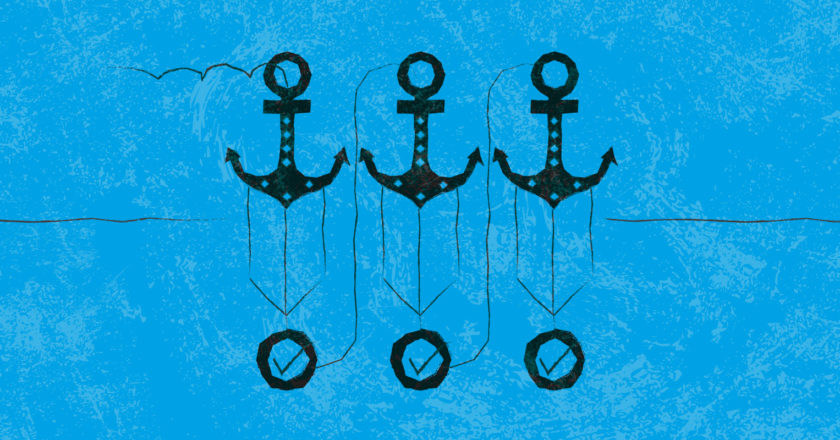

Simple steps for incorporating UDL principles into your pedagogy. Lecture, resource, syllabus, and assessment strategies.
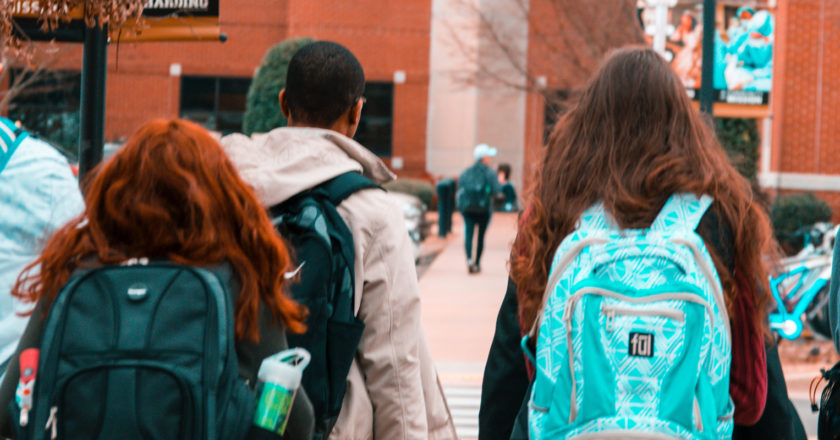
The goal is not to provide a golden ticket to whatever a student wants. The goal is to provide them with an equitable classroom experience that gives them an equal opportunity to succeed.
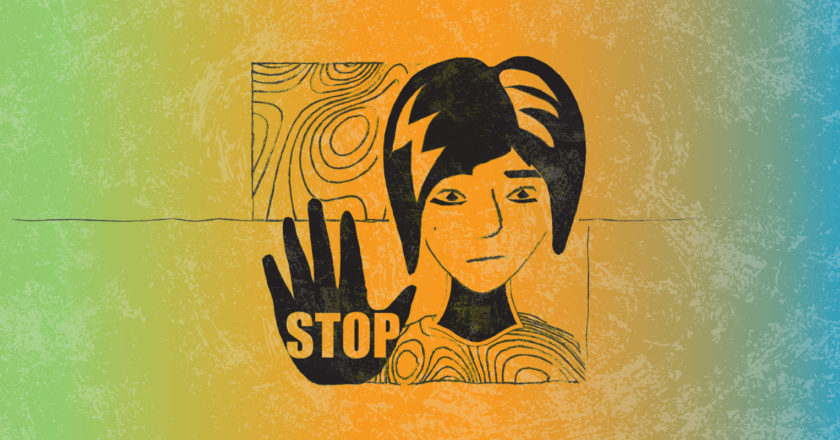
When you see bullying, act. One of the most important things people can do is not to become a “passive bystander” when others are being bullied.
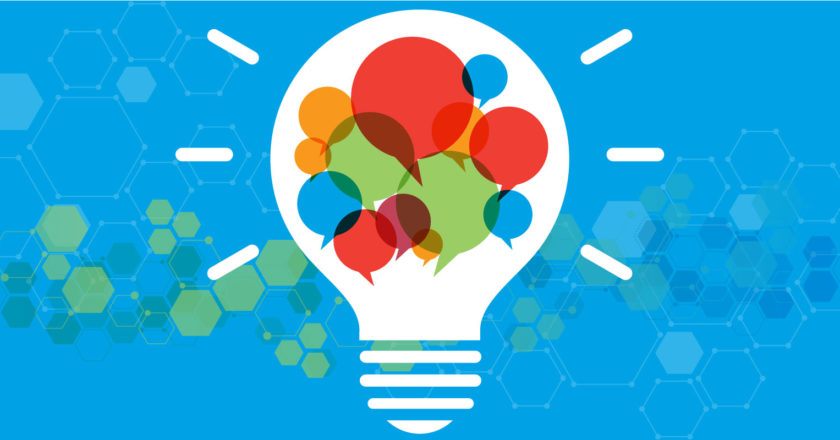
Don’t be discouraged if a first or second attempt at reaching out fails—just look for the next opportunity.

To me, “honors” is about the quality of your work, the quality of your thinking. It’s not about whether you can do this full time.

Audio interview. “It happens to people teaching in any kind of academic discipline, where students think [their instructors] can give them advice on things that they’re really not qualified to talk about. We’re discipline experts.”

Audio interview. Dr. Schalomon: “If you don’t quite know what the student needs, go to the student and ask.”

Video interview. Brief discussion of one student’s success auditing classes on a community college campus in preparation for the transition to higher ed.

Be aware of unconscious bias in interviews, plan for it, and be prepared to disarm it if necessary. For example: if you find eye contact challenging, acknowledge it and then communicate that you are glad to be there and are engaged in the discussion.
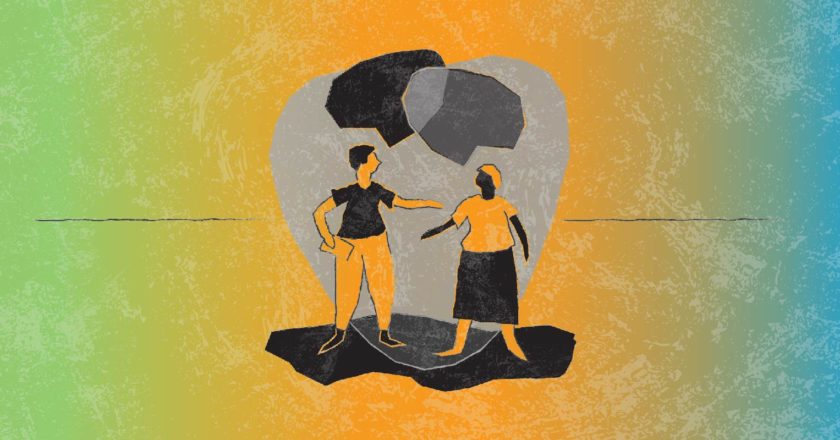
When we talk about folding autistic and differently-abled students into community colleges and STEM careers, what we’re really talking about is best practices for everyone. It follows that when our most disadvantaged students’ needs are met, we are leveling the playing field for all, with or without a “documented need.” Thank you for believing in students like me.